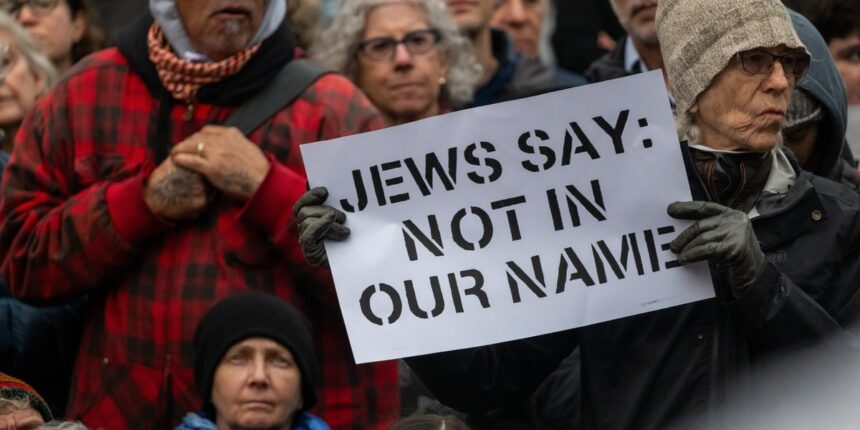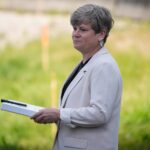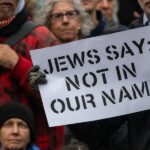In an unprecedented display of collective concern, over 1,000 Jewish academics across North America have raised their voices against what they describe as the troubling misuse of antisemitism accusations to silence legitimate criticism of Israel’s policies. This growing movement highlights a deepening rift within academic communities as the Israel-Gaza conflict continues to reverberate through university campuses.
“We’re witnessing a dangerous conflation between genuine antisemitism and political criticism,” explains Dr. Sarah Bernstein, professor of Middle Eastern Studies at Columbia University. “When legitimate academic discourse about Israeli government policies is labeled as hatred toward Jewish people, we not only undermine academic freedom but also dilute the meaning of actual antisemitism.”
The coalition of Jewish professors, spanning institutions from Harvard to Berkeley, published an open letter expressing alarm at how antisemitism claims are increasingly deployed to silence dissenting voices in academic settings. Their statement emphasizes that criticism of Israel’s military actions in Gaza does not inherently constitute prejudice against Jewish people—a distinction they argue is being deliberately blurred for political purposes.
This development comes amid heightened tensions on university campuses, where protests regarding the Israel-Gaza conflict have led to disciplinary actions, funding threats, and congressional hearings. At the University of Pennsylvania, donors threatened to withdraw financial support following a Palestinian literature festival, while Columbia University faced scrutiny from a House committee over its handling of campus demonstrations.
“The weaponization of antisemitism has created a chilling effect in higher education,” notes Professor David Goldstein from the University of Chicago, a signatory to the letter. “Many Jewish academics who criticize Israeli policies find themselves paradoxically accused of self-hatred or disloyalty—effectively silencing Jewish voices that don’t conform to particular political viewpoints.”
The phenomenon extends beyond campus boundaries into political spheres, where legislation in several states has sought to define antisemitism in ways that could potentially restrict criticism of Israel. Critics argue these definitions often include examples that blur the line between attacking Jewish people and criticizing Israeli state actions.
For Professor Rachel Silverman of McGill University in Canada, the implications are profoundly personal. “As someone whose family survived the Holocaust, I understand the devastating impact of antisemitism. But that’s precisely why I cannot remain silent when the term is misused to shield a government from accountability. This doesn’t protect Jewish students—it corrupts the very concept of protecting vulnerable communities.”
The letter emphasizes that true academic freedom must include the ability to engage critically with all governments and policies, including those of Israel, without fear of career repercussions or public smearing. The signatories argue that scholarly critique of state actions should never be equated with prejudice against an ethnic or religious group.
As universities struggle to navigate these complex issues, many administrators find themselves caught between competing demands for protecting free speech and ensuring students feel safe from discrimination. The financial implications for institutions that depend on donor support add another layer of complexity to an already fraught situation.
What remains unclear is how higher education can preserve its role as a space for critical inquiry while addressing legitimate concerns about antisemitism. As this debate continues to unfold, the fundamental question emerges: can we develop nuanced approaches that protect both Jewish communities from hatred and the academic freedom essential to democracy?























